“Harelip”, “camel’s mouth”, “wolf’s maw”. These terms are not found in an encyclopedia on animal anatomy, but in older works on human medicine in various languages. People did not understand cleft lip and palate and named them after the things from their daily lives they seemed to look like: animals. We have much more medical knowledge about how clefts are formed now. And in our societies today, respectful communication is seen as increasingly important. But still many people continue to use these archaic terms in everyday language. Sometimes they are even still used in newspapers, television programs and medical journals. This despite the fact that many people with cleft lip and palate think that words like “harelip” are pejorative and degrading.
Where do these terms come from? Are they used in other countries? And how can we move toward more tolerant and equitable communication?
Where does the term “harelip” come from?
In German-language medical literature, the term “Hasenscharte” (“hare’s cleft”) first appears in a 1460 work by the renowned German surgeon Heinrich von Pfalzpaint. Why the hare was chosen as a comparison, when other animals also have a Y-shaped appearance of the nose and the upper lip, is not known. Presumably, the name is not only based on the appearance, but also has its origins in a superstition that was widespread at the time: In Germany as well as in the Anglo-American area and Asia, it was widely believed for a long time that seeing a hare, eating hare meat or even simply thinking of the animal during pregnancy could lead to the birth of a child with cleft lip. “Hare lip” is the name given to cleft lips in English, and “Tu Que” – “Tu” meaning hare and “Que” meaning cleft or defect – is the old name given to them in China. Even though perceptive doctors disproved the “hare theory” centuries ago by pointing out that hunters’ wives should have almost exclusively children with cleft if the theory was true, the terms have remained in widespread use until today.
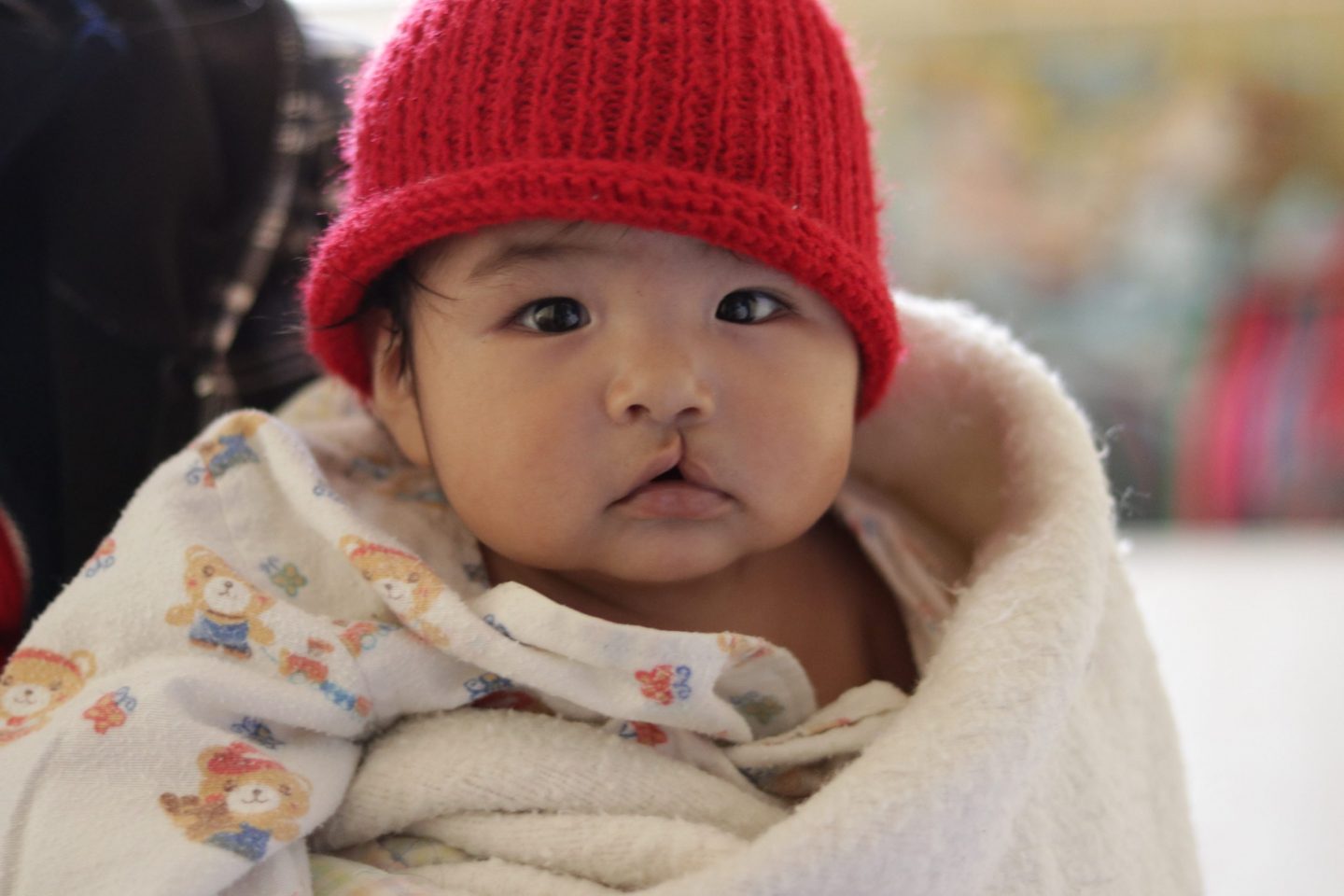
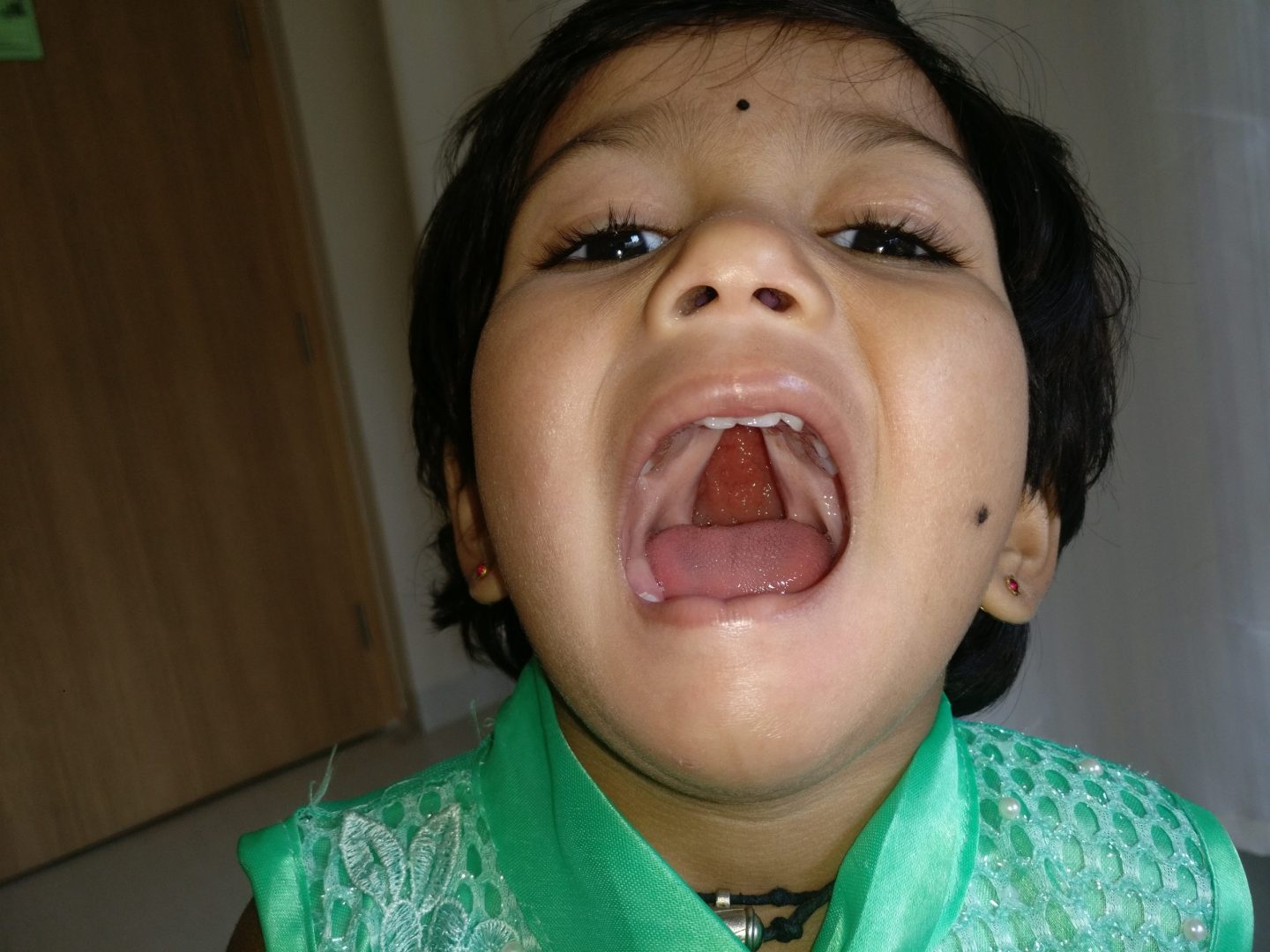
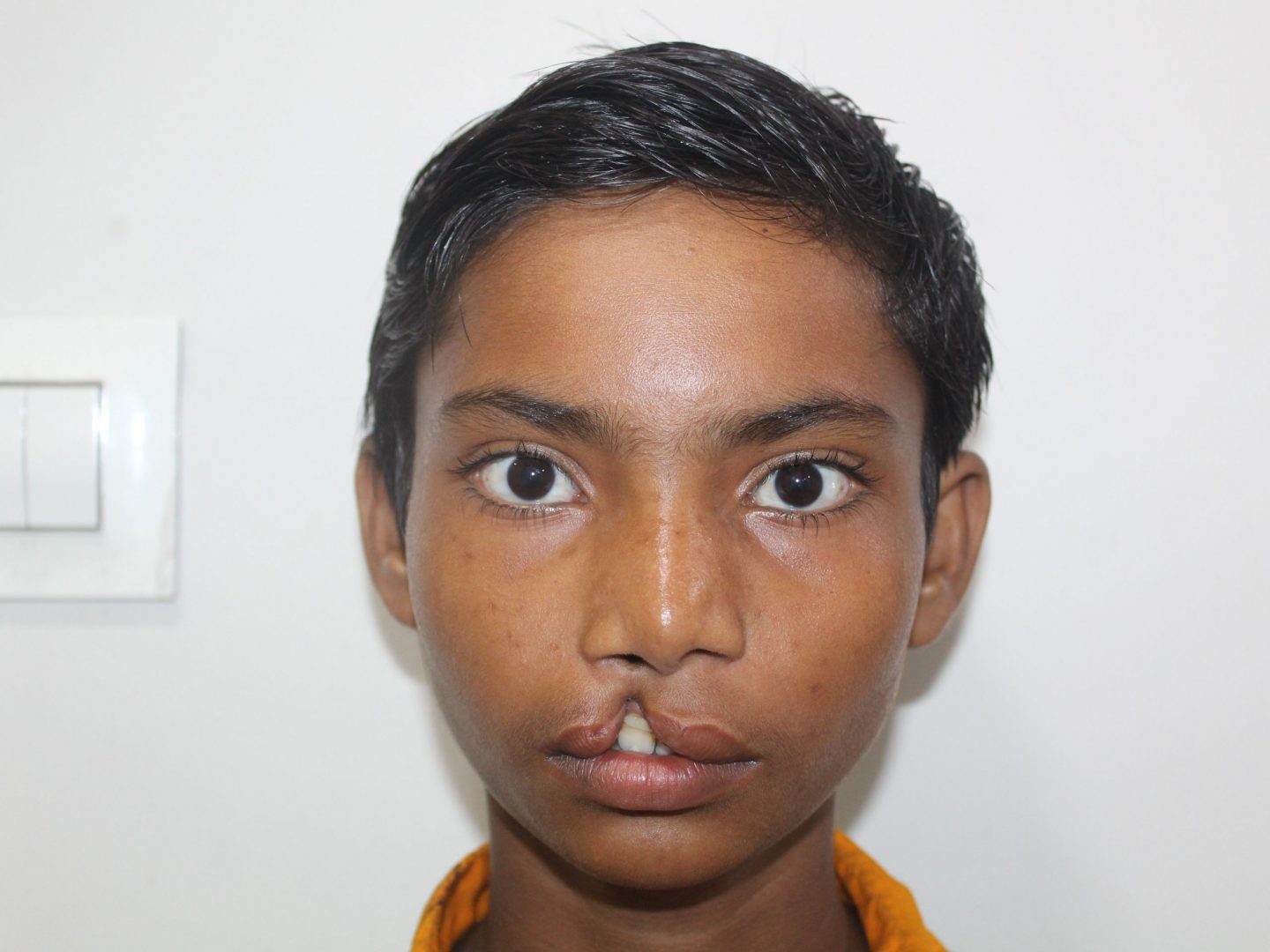
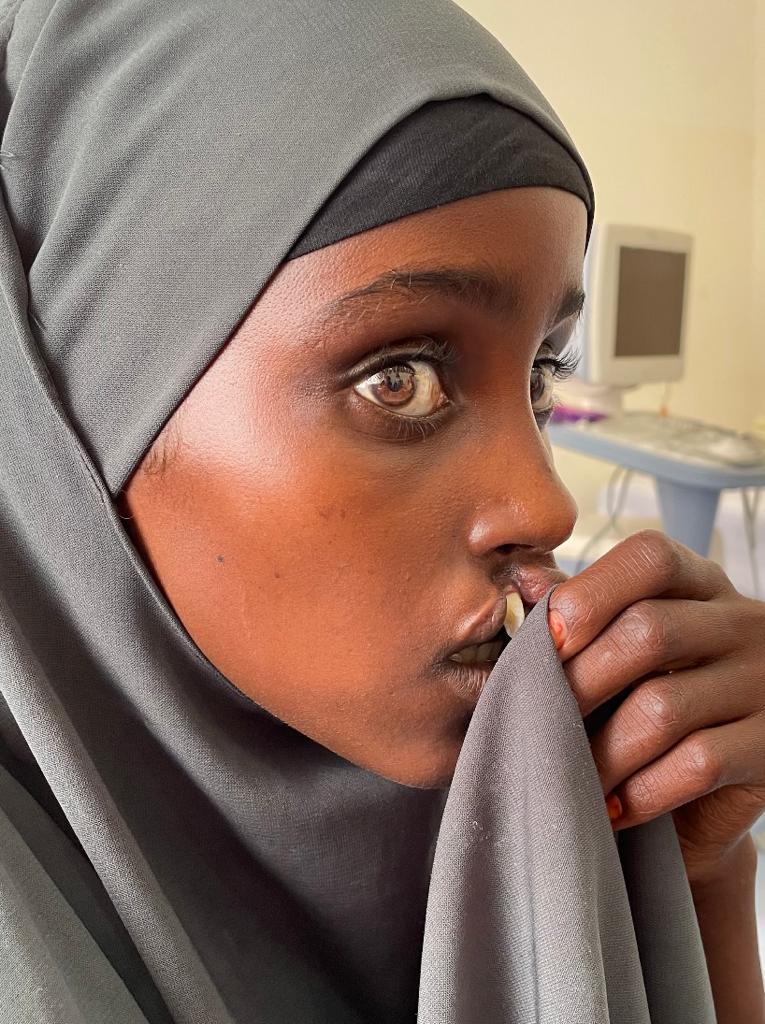
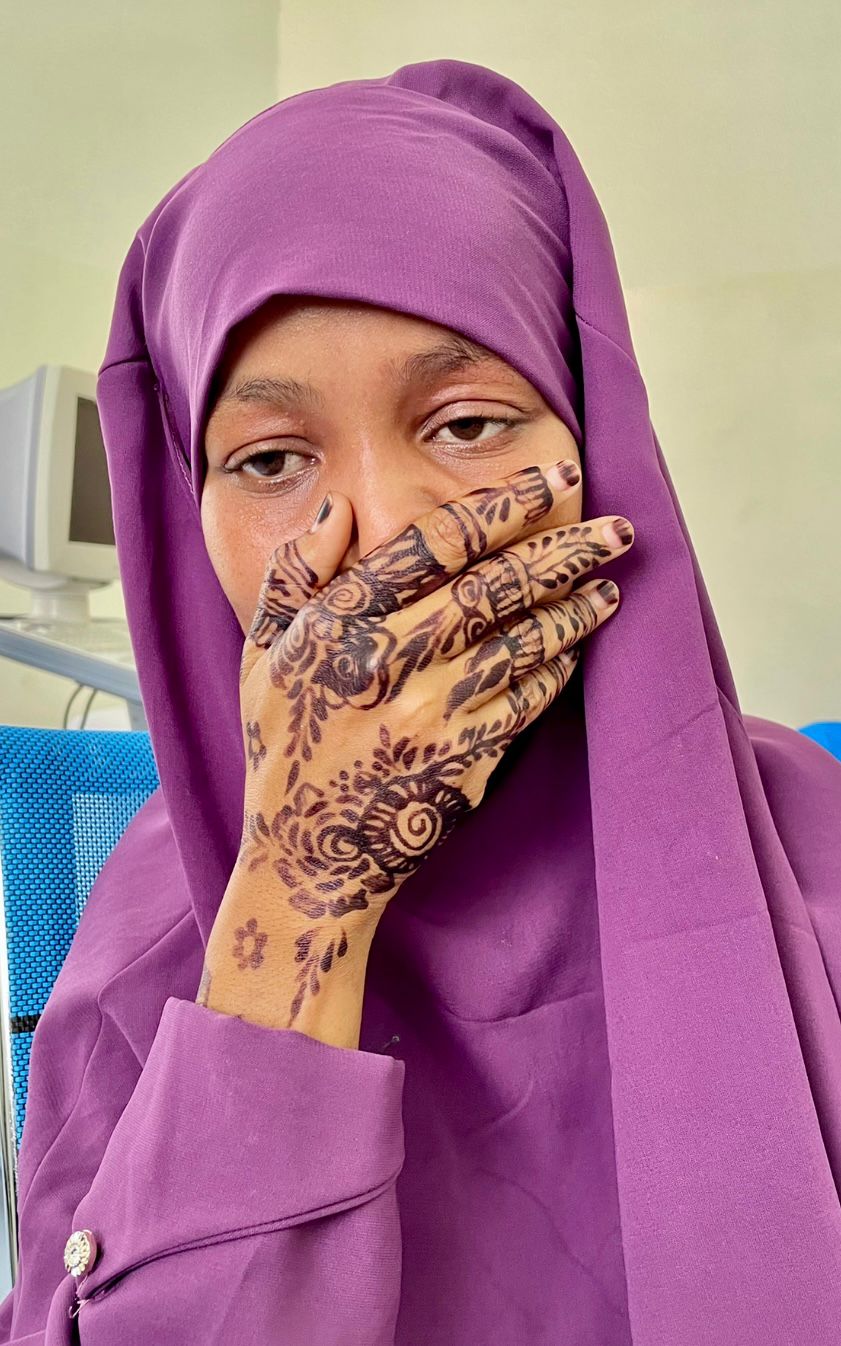
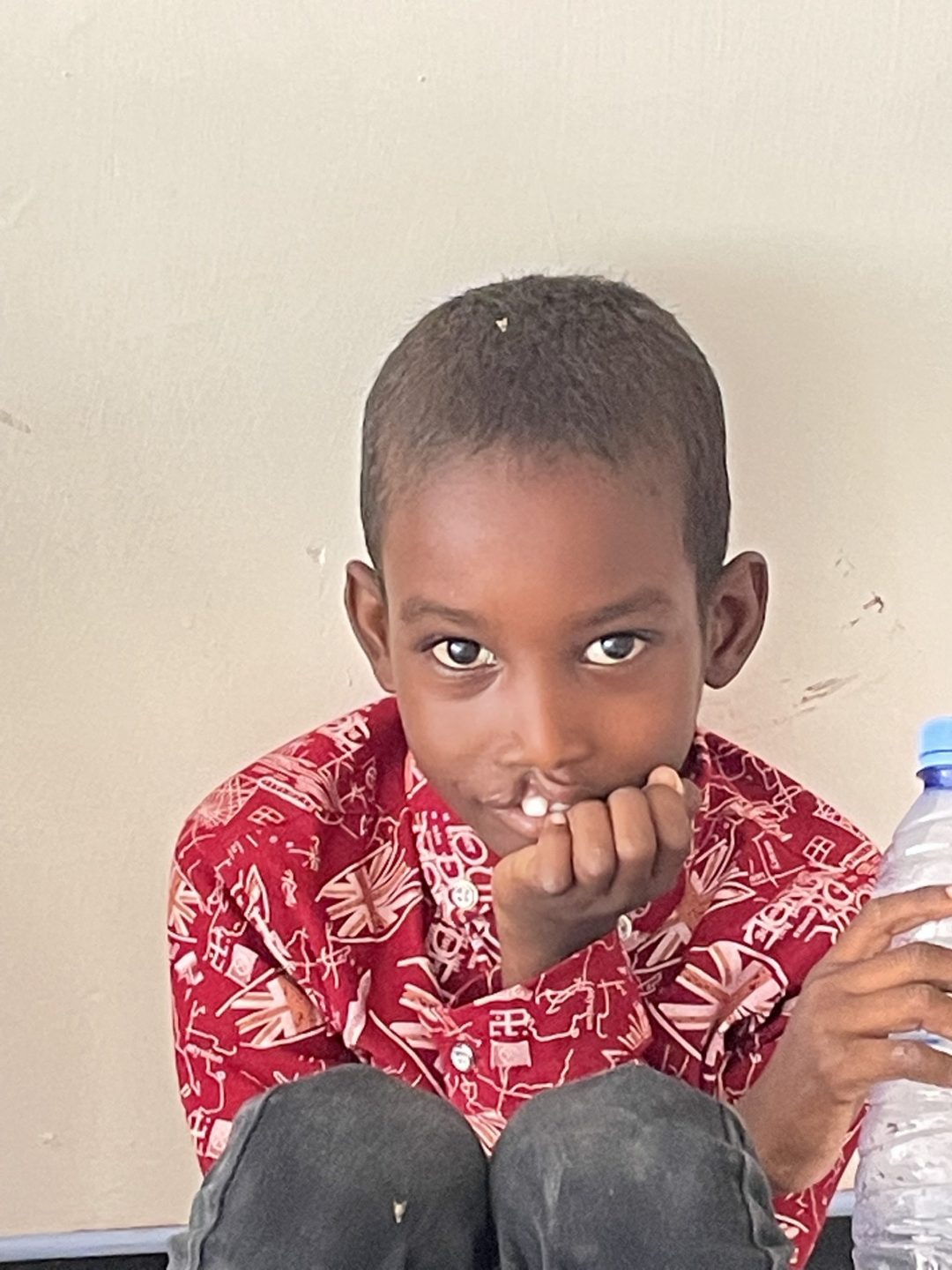
I am not a hare, I am a person!
Language shapes our thoughts, our actions, our reality. A compliment can improve our entire day, just as an argument in the morning or an insult can make us feel upset for hours. Terms such as “harelip” or “wolf’s maw” feel derogatory and disrespectful to many people with cleft lip and palate. People with cleft have as little in common with a hare, an instinct-driven flight animal, as they do with a predatory, howling wolf.
We know from our project countries that the lives of those affected are sometimes massively determined by their cleft. In Somalia, for example, a child with cleft sometimes is no longer addressed by his or her name, but simply called “cleft.” This reduces a person to one detail of their appearance. Without surgery, this accompanies them throughout their lives. They feel shame and try to hide the cleft. Some would prefer to make themselves invisible. It is easy to imagine the lasting psychological harm this can cause.
Finding a better language
Even though more and more people now understand how important inclusive and sensitive language is, we still read and hear the old words very often in our work. When we explain that we fund urgently needed surgeries for disadvantaged children with cleft lip and palate, people often ask: “Oh, so children with harelip?”. Even though the word is usually not used with bad intentions, we should not continue to use it out of respect for the people with cleft who do not like it. Instead, we try to make the medical terms such as “cleft lip”, “cleft palate” or “cleft lip and palate” more popular. A study by the Leipzig University Hospital found that, although the majority of medical workers at a large hospital used the medically correct terms, not all of them did. And if even some medical doctors still use outdated terms like “harelip,” it is not a surprise at all that people without such medical knowledge use the word.
Tolerance, support and treatment
“How are you?” instead of “What’s that on your face?”, “What do you need?” instead of “Why do you have that?”, “You’re great” instead of “You’re different”. Children with cleft lip and palate do not only have to deal with the functional consequences of their cleft, but also from other people’s reactions to their perceived “otherness”. In Germany, children with cleft lip usually receive treatment at an early age, which reduces the risk of health complications. But even in so, those affected are not always exempt from ridicule, exclusion and malice. The German cleft self-help association “Wolfgang Rosenthal Gesellschaft” has produced an impressive contribution on this topic called “Unique! A film by and for young people with LKGS” (in German). Here it becomes clear what influence language can have on a person’s life. In order to treat those affected with respect, we do not use demeaning terms such as “harelip” or the German “wolf’s maw”. More tips can be found in this guide by the UK Cleft lip and palate association (CLAPA). Please also help us make others aware of these issues.
You can also help the cleft children in our project countries with your donation. Without the help of donors like you, they may never have access to treatment: Their parents often cannot afford the operation, or they might not even know that the treatment exists. As a result, many people with cleft do not receive surgery and do not have their clefts treated until adulthood, or ever. They then often have to live with being excluded or disrespected by those around them for the rest of their lives. For them, the operation to close the cleft helps them live their lives the way they wish to.

